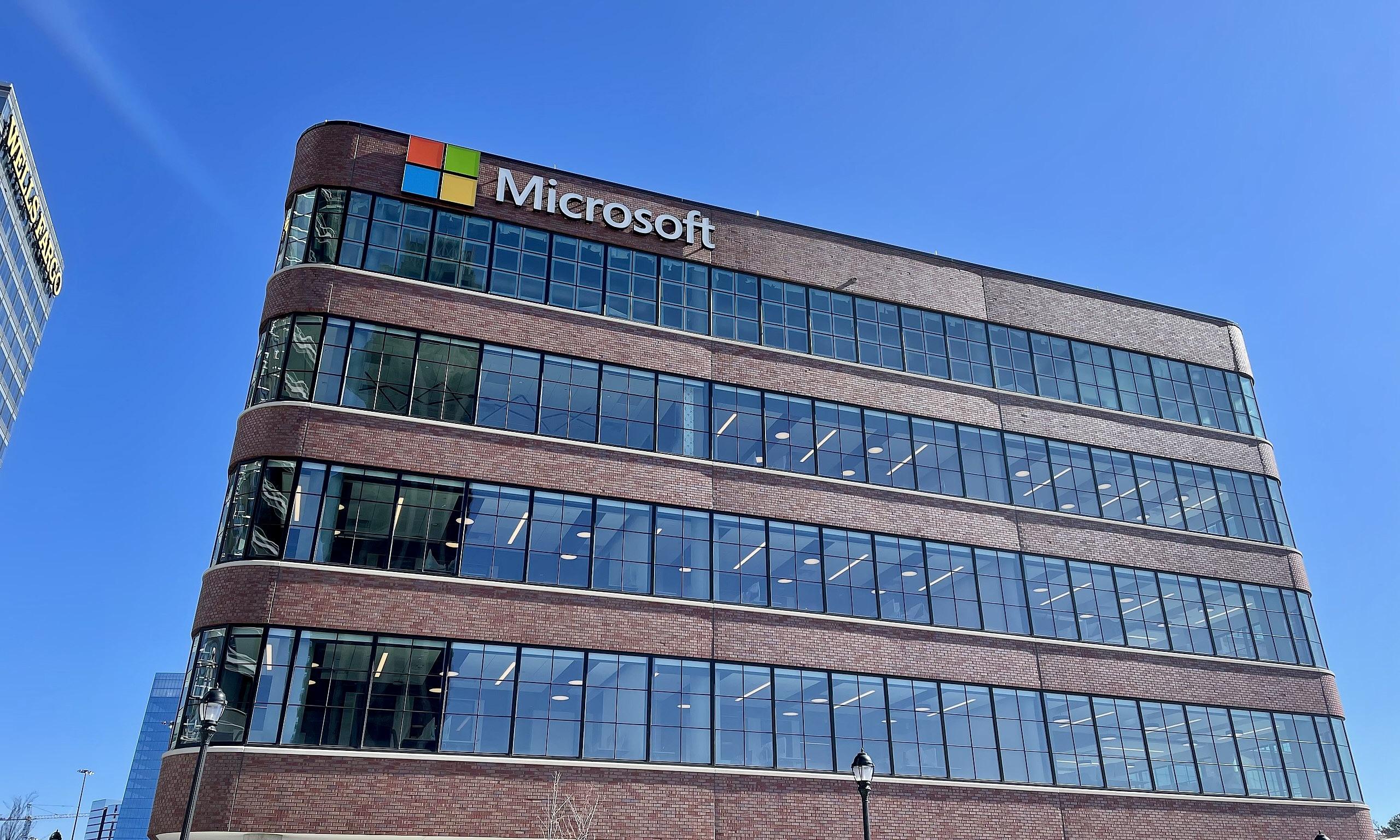Canalys Research has raised concerns over Microsoft Corp's plan to end support for the widely used Windows 10 operating system. It is estimated that this decision could lead to approximately 240 million personal computers (PCs) being disposed of, potentially adding to landfill waste.
Reuters reported that the electronic waste generated from these discarded PCs is expected to weigh around 480 million kilograms, equivalent to 320,000 cars.
Extended Windows 10 Support Presents Cost-Effectiveness Dilemma
Microsoft's announcement of providing security updates for Windows 10 devices until October 2028, with an undisclosed annual price, has led to discussions regarding the cost-effectiveness of migrating to newer PCs.
Canalys suggests that if the pricing structure for extended Windows 10 support follows past trends, opting for newer PCs may be a more economical choice. However, according to The Economic Times, this could result in an increased number of older PCs heading to scrapyards, adding to electronic waste.
While many PCs may still remain functional for years after the end of operating system (OS) support, Canalys has warned that the demand for devices lacking security updates is likely to be low. This raises concerns about these devices' fate and impact on the environment.
Microsoft's Ambitious Plan for Windows 10's Successor
Microsoft aims to discontinue support for Windows 10 by October 2025 in anticipation of the next generation of the operating system. The upcoming OS is expected to integrate advanced artificial intelligence technology, potentially revitalizing the sluggish PC market. This shift could have both positive and negative implications for the environment.
Environmental Impact of Disposing Windows 11-Incompatible Devices
Despite Microsoft's ambitious plans, concerns over the environmental impact of the disposal of Windows 11-incompatible devices remain unanswered. The company has yet to comment on this issue, leaving uncertainties surrounding properly handling these potentially large quantities of electronic waste.
Recognizing the need for sustainable practices, initiatives are being undertaken to recycle various components of discarded PCs. For example, hard drives used in personal computers and data storage servers can be recycled to recover materials suitable for use in electric vehicle motors and renewable power generation. This approach helps meet the rising global demand for electricity while reducing waste.
Peter Afiuny, Chief Commercial Officer of Noveon Magnetics, emphasizes the importance of repurposing end-of-life computers. By transforming obsolete PCs into magnets, they can contribute to sustainable technologies such as electric vehicles and wind turbines. This approach reduces waste and supports the growing demand for renewable energy.
Battery recycling has emerged as a crucial aspect of sustainable resource recovery. Firms like Redwood Materials highlight the recyclability of batteries, allowing for the recovery of valuable metals like lithium, cobalt, nickel, and copper. Their nearly infinite recyclability reduces the reliance on mining and the environmental impact of battery disposal.
Afiuny raises concerns regarding the excessive waste of rare earth magnetic materials caused by prematurely discarding hard drives. By properly managing the end-of-life cycle of computing devices, we can minimize waste and ensure the responsible use of resources.



 Sony Q3 Profit Jumps on Gaming and Image Sensors, Full-Year Outlook Raised
Sony Q3 Profit Jumps on Gaming and Image Sensors, Full-Year Outlook Raised  FDA Targets Hims & Hers Over $49 Weight-Loss Pill, Raising Legal and Safety Concerns
FDA Targets Hims & Hers Over $49 Weight-Loss Pill, Raising Legal and Safety Concerns  SpaceX Prioritizes Moon Mission Before Mars as Starship Development Accelerates
SpaceX Prioritizes Moon Mission Before Mars as Starship Development Accelerates  Alphabet’s Massive AI Spending Surge Signals Confidence in Google’s Growth Engine
Alphabet’s Massive AI Spending Surge Signals Confidence in Google’s Growth Engine  Oracle Plans $45–$50 Billion Funding Push in 2026 to Expand Cloud and AI Infrastructure
Oracle Plans $45–$50 Billion Funding Push in 2026 to Expand Cloud and AI Infrastructure  Baidu Approves $5 Billion Share Buyback and Plans First-Ever Dividend in 2026
Baidu Approves $5 Billion Share Buyback and Plans First-Ever Dividend in 2026  TSMC Eyes 3nm Chip Production in Japan with $17 Billion Kumamoto Investment
TSMC Eyes 3nm Chip Production in Japan with $17 Billion Kumamoto Investment  Nvidia Nears $20 Billion OpenAI Investment as AI Funding Race Intensifies
Nvidia Nears $20 Billion OpenAI Investment as AI Funding Race Intensifies  SpaceX Seeks FCC Approval for Massive Solar-Powered Satellite Network to Support AI Data Centers
SpaceX Seeks FCC Approval for Massive Solar-Powered Satellite Network to Support AI Data Centers  Nvidia CEO Jensen Huang Says AI Investment Boom Is Just Beginning as NVDA Shares Surge
Nvidia CEO Jensen Huang Says AI Investment Boom Is Just Beginning as NVDA Shares Surge  Instagram Outage Disrupts Thousands of U.S. Users
Instagram Outage Disrupts Thousands of U.S. Users  Anthropic Eyes $350 Billion Valuation as AI Funding and Share Sale Accelerate
Anthropic Eyes $350 Billion Valuation as AI Funding and Share Sale Accelerate  CK Hutchison Launches Arbitration After Panama Court Revokes Canal Port Licences
CK Hutchison Launches Arbitration After Panama Court Revokes Canal Port Licences  Weight-Loss Drug Ads Take Over the Super Bowl as Pharma Embraces Direct-to-Consumer Marketing
Weight-Loss Drug Ads Take Over the Super Bowl as Pharma Embraces Direct-to-Consumer Marketing  Once Upon a Farm Raises Nearly $198 Million in IPO, Valued at Over $724 Million
Once Upon a Farm Raises Nearly $198 Million in IPO, Valued at Over $724 Million 































